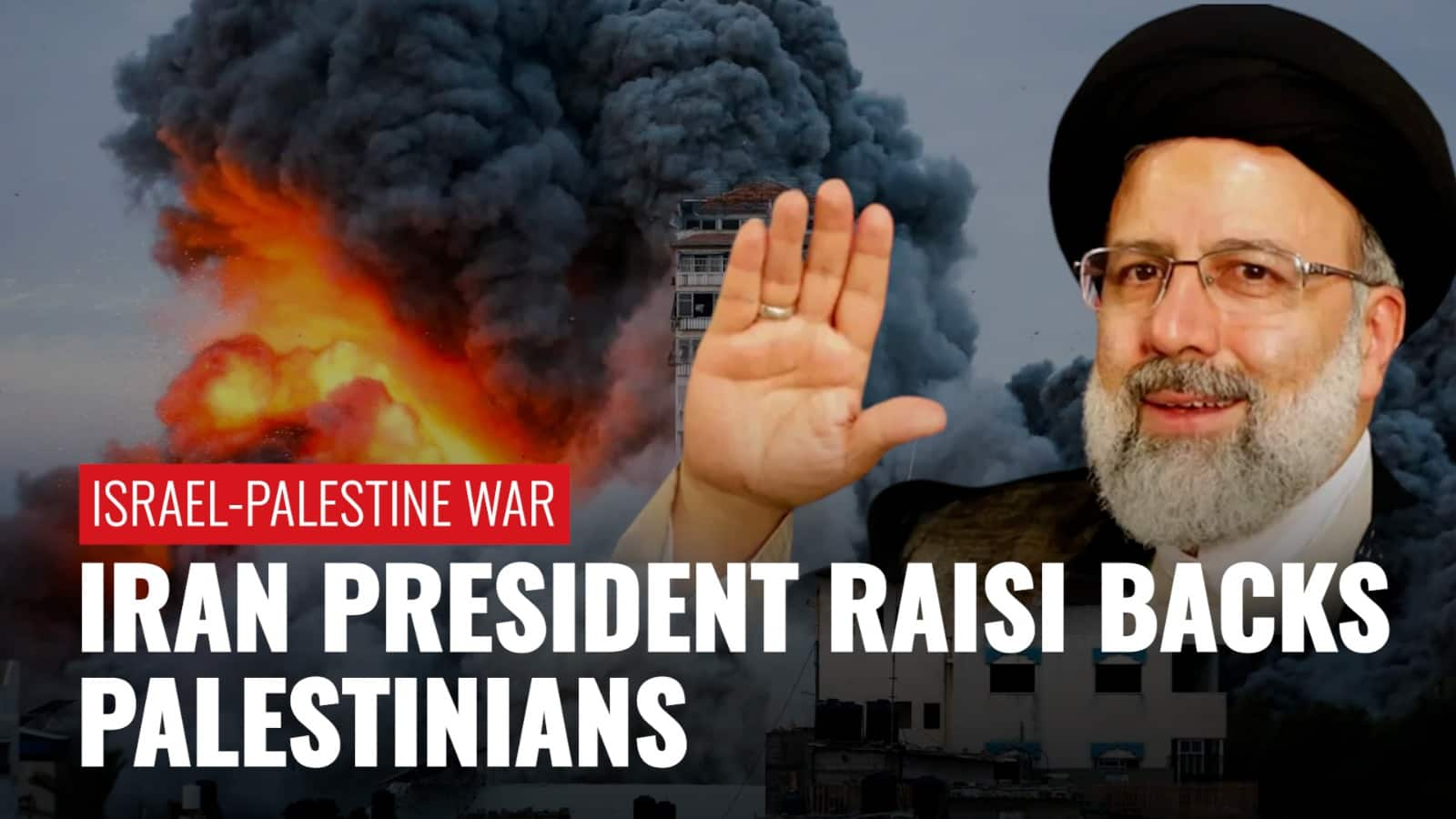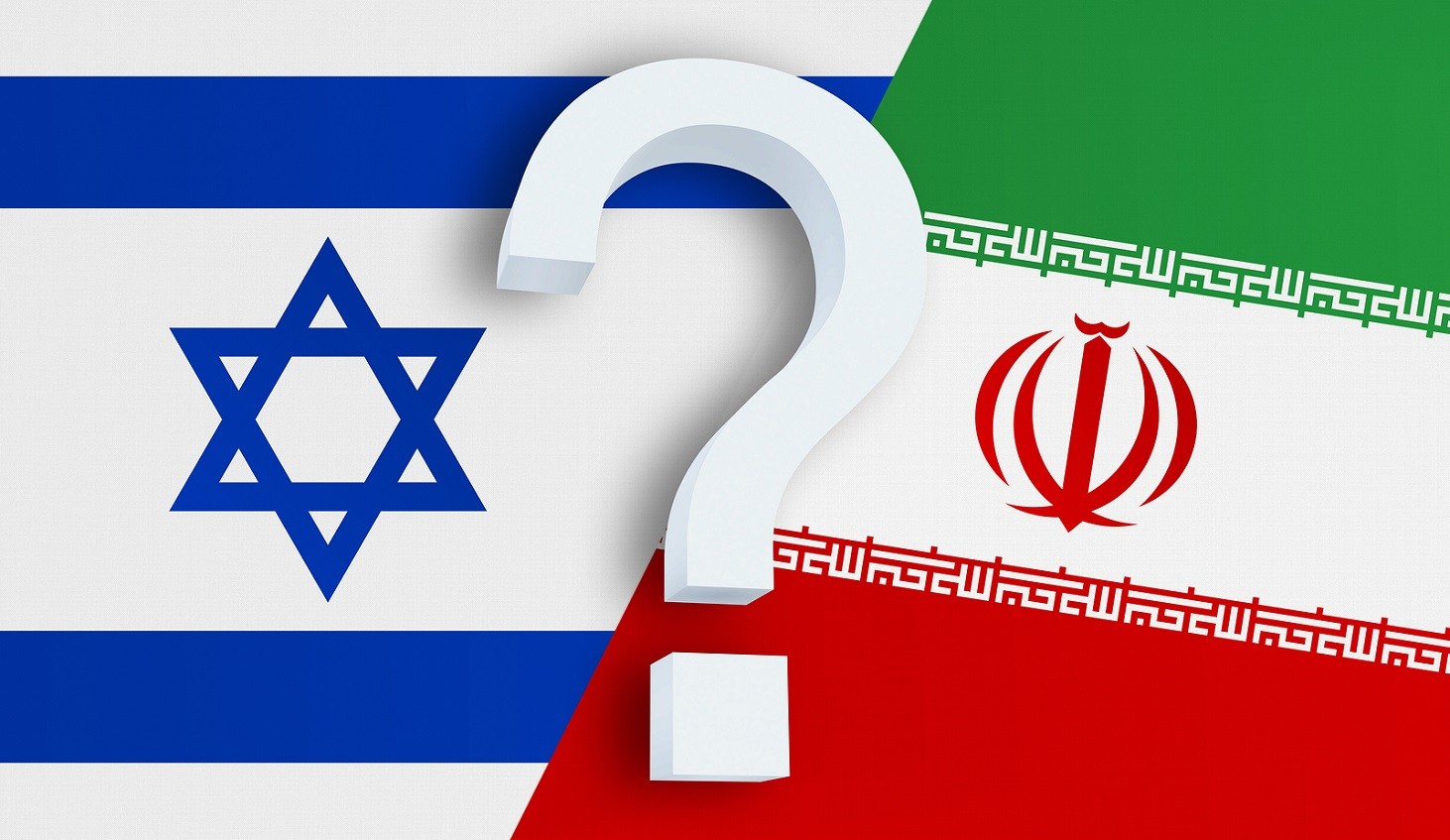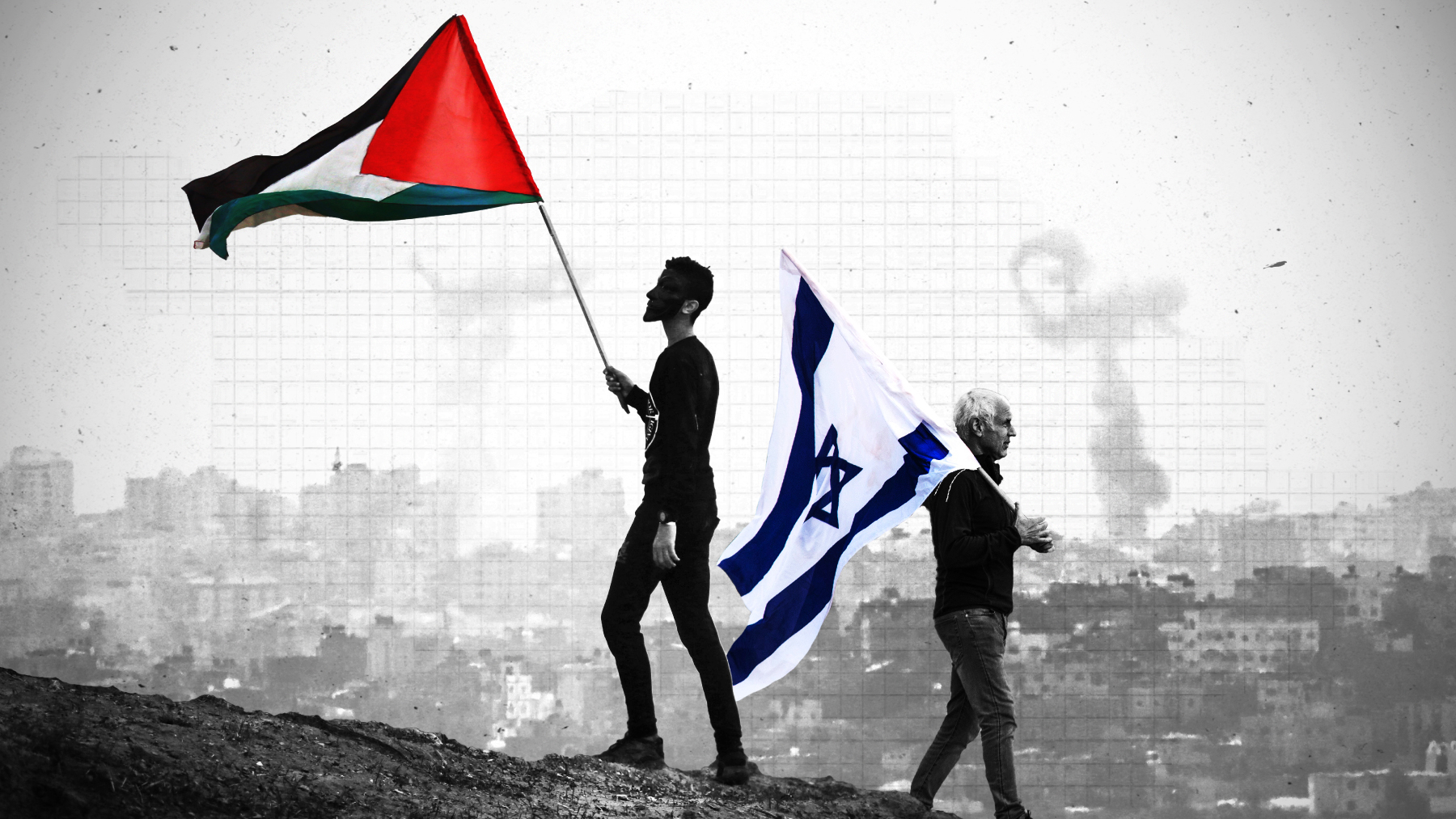War Mongering- Easy Applause, Hard Realities: Iran Cheers While Innocents Suffer in Israel-Palestine War
Iran's Khamenei commends attacks on Israel, War Mongering from afar is very easy while innocent lives continue to be lost in the Israel-Palestine War.

War Mongering- Easy Applause, Hard Realities: Iran Cheers, Innocents Suffer in Israel-Palestine War
In a televised speech on Tuesday, Ayatollah Ali Khamenei, the supreme leader of Iran, praised the recent strikes on Israel and said, “We kiss the hands of those who planned the attack on the Zionist regime.” Following the weekend strikes by Hamas on Israel, the statement was made. The Iranian leader claimed that Iran had no part in the attacks and that Israel was to blame for the war while wearing a Palestinian scarf.
Khamenei went on to say that any retaliation strikes by Israel on the Gaza Strip will just provoke even more rage. He slammed Israel’s efforts to portray itself as a victim, suggesting that these sorts of acts will result in even worse calamities.
Conflicting Reports on Iranian Involvement
There have been conflicting assertions with respect to Iran’s involvement in the attack plot. While senior figures in Hamas as well as Hezbollah assert that Iran helped with the coordination of the attack, both the State Department and US Defence Secretary Lloyd Austin have indicated that there is no concrete proof of Iranian participation in either the preparation or carrying out of the strike. While acknowledging the long-standing ties between Iran and Hamas, U.S. officials insist that there has not yet been definitive evidence of Iran’s direct involvement.

U.S. Response and Assistance to Israel
The United States has sent an aircraft carrier along with additional warships to the eastern Mediterranean in response to the crisis to prevent the fighting from getting worse. In hopes of helping to calm the situation, the U.S. is also offering support to Israel, which includes intelligence sharing. Defence Secretary Austin reaffirmed his commitment to aiding Israel in defending its sovereign land and emphasized the importance of doing so in light of the ongoing hostilities.
Accusations that Iran was directly involved in planning the attack were quickly denied. Nasser Kanani, a spokesman for the foreign ministry, rejected the claims as being politically driven. Following talks with Palestinian militant commanders, Iran’s President Ebrahim Raisi laid out in his statement that his nation’s support is for the “legitimate defence of the Palestinian nation.”
The Complex Dynamics of Militant Groups
While Hamas, a Sunni organisation, has been at the forefront of hostilities with Israel since gaining control of the Gaza Strip in 2007, Hezbollah, a Shia Muslim movement based in Lebanon, has recently joined the fray, adding a new dimension to the continuing problem. According to analysts, both factions have been coordinating their efforts for years and have in the past received significant support from Iran, which includes financial, military, as well as rhetorical support.
“Hezbollah’s response from southern Lebanon is not opportunistic,” said Lina Khatib, head of the SOAS Middle East Institute at the University of London, stressing the two terrorist groups’ long-standing connection.
Iran’s Influence and Risks of State Sponsorship
Since the 1979 Islamic Revolution, Iran has been ruled by Shia fundamentalists, and both Hamas as well as Hezbollah have received significant funding and influence from Iran. Experts caution that such state-sponsored terrorism is a dangerous game, though. Max Abrahms, a specialist in regional terrorism, stressed that Iran’s ties to these organizations significantly raise the chance of Israel directly attacking Iran, further exacerbating tensions in the region.
The partnership of Iran, Hezbollah, and Hamas is referred to by Israeli intelligence experts as “the resistance camp.” These organizations function at various levels despite having the same objectives, which are to undermine Israel and create a Muslim-ruled region stretching from the Jordan River to the Mediterranean Sea. In recent conflicts, particularly during the current wave of violence, Hamas has proven its capabilities, despite Hezbollah’s significantly bigger as well as more competent fighting force.
With its strategic initiatives, which involves as its attempts to bring together different Palestinian parties amid conflicts with Israel in 2021, Hamas has been successful to win over its Iranian backers. Former head of research for the Israeli Security Agency Neomi Neumann said that without Iran’s assistance, Hamas would not have been able to carry out recent operations like breaching Israeli defenses in Gaza as well as firing tens of thousands of missiles against Israel.
Many people are worried about a wider regional escalation as a result of the continuing conflict, which has seen simultaneous attacks on Israel from southern Lebanon and Gaza. The international community keeps a close eye on events, hoping for a peaceful de-escalation of the hostilities in the Middle East.

The Tragic Reality of Escalating Conflicts: A Call for Peace Amidst Devastation
In recent days, the entire area of Middle East has once again found itself on the verge of a humanitarian catastrophe due to the intensifying confrontations between Israel and Palestine, which involve militant organizations from both Gaza as well as southern Lebanon. The terrible anguish experienced by innocent families, women, as well as children caught in the crossfire is a bitter truth that frequently goes unnoticed in political rhetoric as well as military tactics. The actual victims are the common people whose lives are broken, homes are wrecked, and futures are cast in doubt amid the war drums and geopolitical intrigues.
The Ease of War Mongering
Leaders as well as militant groups have much too much influence to rouse their members with inciting speeches, patriotic spirit, along with threats of retaliation The seductive temptation of retribution as well as success in war tends to eclipse the harsh reality on the ground that is at stake. The ease with which hostilities erupt, fuelled by historical grudges, political ambitions, as well as religious zeal, frequently blinds us to the enormous humanitarian cost.
In the midst of these battles, it is critical to remember that behind every casualty figure is a human being—a parent, a child, a sibling—who has had their hopes, aspirations, and potential snatched abruptly. Images of damaged neighbourhoods, bereaved families, as well as displaced youngsters serve as a stark reminder that war knows no bounds and honours no innocent.
There must be a unified cry for peace among the rhetoric of power as well as the pursuit of geopolitical objectives. The call for a rapid ceasefire and a sincere dedication to communication and diplomacy must come from the whole world community, including leaders and common people. Only through sincere efforts to comprehend one another’s complaints and work toward a permanent resolution can the vicious cycle of violence be put on hold.
It is crucial for people to engage in discussions regarding complex international problems, but it is also crucial that they do it with sensitivity, understanding, as well as an unwavering commitment to peace. Unfortunately, some people and even whole countries who are not directly participating in the conflict have been employing social media as a platform to spread hate, instigate violence, and support terrorist attacks. By widening the gaps between communities as well as impeding the way to peace, this action only serves to make things worse.
There are significant ramifications from the increase in war propaganda on social media. It exacerbates hostility between various groups, supports stereotypes, and deepens the divide in between people who have different opinions. These actions promote hostility instead of encouraging understanding and communication, which makes it harder to reach a peaceful conclusion.
Recognizing the influence of one’s words and deeds online is vital for both individuals and nations. Having diplomatic conversations, encouraging empathy, and standing by peaceful resolutions can all make a major difference in lowering tensions while establishing a setting where negotiation as well as diplomacy can succeed. As effective instruments for communication, social media platforms can be used to inform people about the nuances of the conflict, foster empathy, and facilitate conversations that advance understanding.
It is up to us all to hold back on inciting violence and hatred in the midst of such conflict. Instead, let us work to have respectful, informed conversations that promote harmony, compassion, as well as understanding. We can foster hope for a peaceful resolution to the Israel-Palestine conflict by promoting these ideals on social media and establishing an atmosphere of harmony that resembles the peace we seek in reality.
Prioritizing Humanity Over Politics
In times like these, those who incite violence are not the actual heroes; rather, it is those who tirelessly promote understanding, compassion, as well as peace. It is the humanitarian workers who put their lives in danger to offer relief, the diplomats who seek to find diplomatic solutions, as well as the common people who choose peace over hostility. Their voices echo the hopes of millions of people who long for a peaceful future, while frequently being drowned out by the cacophony of conflict.
It is our responsibility to put humanity above politics, compassion above anger, and conversation above antagonism as the world watches these tragedies play out. These territories of Israel and Palestine should be free from the continual threat of violence for the sake of the innocent families, women, and children suffering there. Let us not ignore their predicament and work together to create a future where children’s cries are not mixed in with those of war. Then, and only then, can we actually declare victory—not in war, but in peace.





